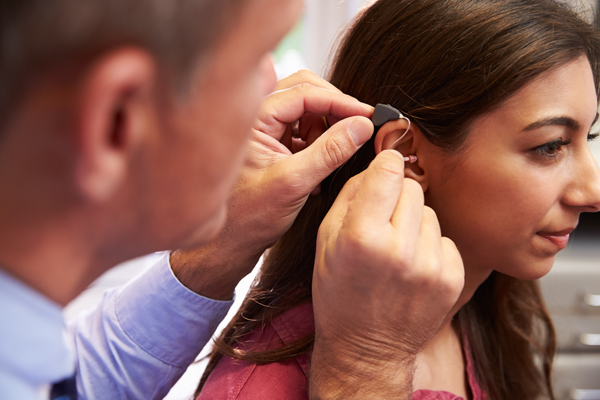There is no getting around it, hearing aids are expensive. Like any pricey purchase, you want them to last as long as possible. Do you have the oil in your car changed regularly? Do you keep your house clean? Do you wash your favorite shirt right after you dribble wine on it? Of course you do. You paid good money for your car, house and clothing; you want them to have the longest life possible. Why not your hearing aid?

While the process may have been stressful, walking out of the audiology office with the best hearing aids in San Diego in your ears makes you feel good. You can hear things you forgot made noise, like the hum of the fridge or the ticking of a clock. Now that you know what you were missing all those years you put off seeking treatment, you can’t go back. To ensure your hearing aids are working to the best of their ability, it is important to keep up with daily maintenance.
Cleaning the hearing aid
Properly cleaning your hearing aid removes any buildup of earwax, dirt or grime. The hearing aid itself should be cleaned with a soft, dry cloth. The earmold (the part that goes into the ear canal) should be removed and cleaned with a mild soap solution. Before you reattach the earmold to the device, make sure it is completely dry.
Checking the batteries
Hearing aid batteries are not like the regular, mercury ones you are familiar with. Instead of slowly draining over time, the zinc batteries used in your hearing aid can go from full power to dead in an instant. The only way to tell if your hearing aid batteries will make it through the day is to use a battery tester every morning. You should always keep extra batteries with you, just in case.
Removing moisture
Your hearing aid spends most of its life inside your ear; just imagine how much moisture becomes trapped inside. A hearing aid drying container or a dehumidifier should be used to remove the excess moisture. Make sure you take the battery out of the hearing aid before you place it in the container overnight.
Does this seem like a lot? What if I told you that performing these daily tasks can help prevent costly hearing aid repairs down the line and even extend the life of your devices? If you would like more tips on how to protect your hearing aid, contact your San Diego audiologist.